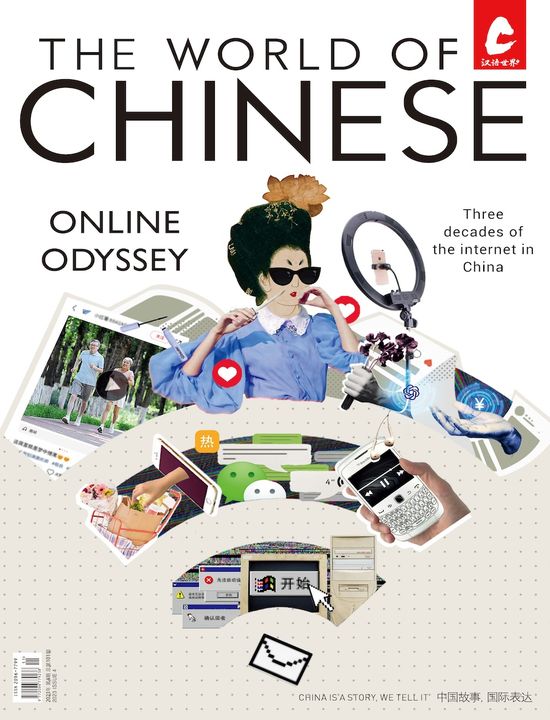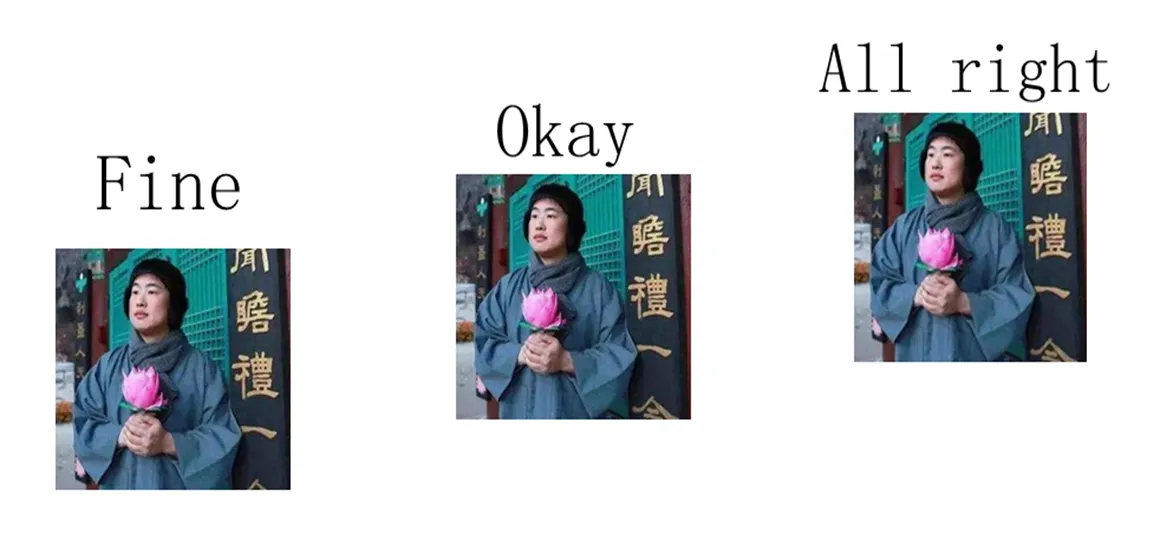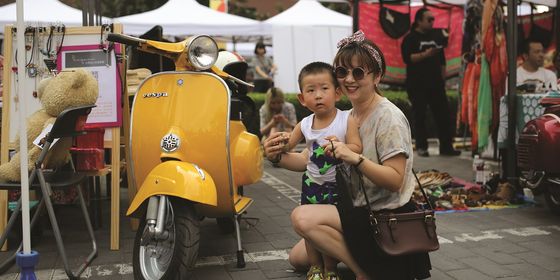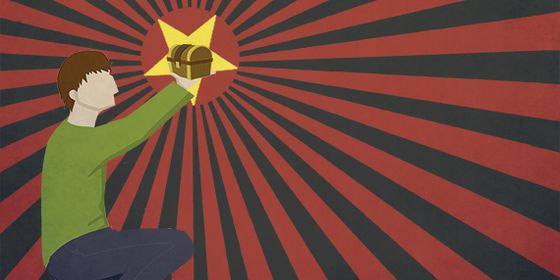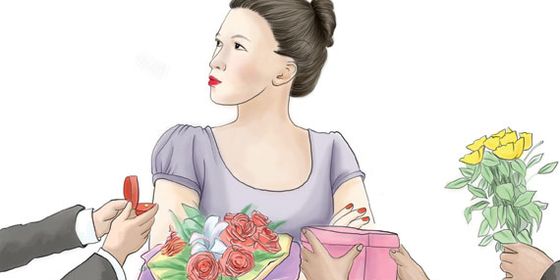Practice being Zen like a burnt-out Chinese millennial
Are you a passive person—the type who just accepts whatever life throws at you, and never cuts in line? If so, there’s a netizen word for your attitude—“Buddha-like” (佛系), a term particularly associated with those born after 1990s, or “Buddha-like youths” (佛系青年).
Though it appeared in Japan in 2014, the term went viral last Tuesday after an essay by WeChat account Xin Shixiang, titled “The First Batch of the Post-90s Generation Has Taken the Cloth.” Buddha-like youths are not becoming actual monks, but believe they’ve seen through the illusions of the material world. They try to avoid conflict, refuse to get emotionally involved, and take a Zen-like perspective toward achievements and setbacks alike. According to the essay, their philosophy is, “It’s okay to have, and it’s okay not to have; no competition, no fight, no winning or losing.”
There are echoes of sang culture, which describes people with no desires, no ambitions, and no aims. The two subcultures certainly share origins in the cutthroat competition in Chinese society and youths’ (usually self-deprecating) rejection of these pressures. Although People’s Daily is now worried about these aspiring Buddhas who take nothing seriously, these youngsters don’t find it to be a depressing lifestyle—and the WeChat essay quotes several perspectives:
Buddha-like foodies 佛系食客:
“Some of my colleagues always post pictures of their breakfast, which are very pretty, and sometimes I feel envious. But I think of how much sleep I’d have to sacrifice and it doesn’t feel worthwhile.”
“I rarely worry about what to eat for lunch. If colleagues put together an order I’ll join; if not, I just find yesterday’s order in the meal-ordering app, and order it again.”
“I’ll try a popular restaurant if there’s no line to get in. But if I have to wait, never mind.”
“I cook for myself. The dish I cook best is ‘Fried Rice with Whatever is in my Fridge.’ I will clean out the fridge every weekend, so I eat different food every week.”
Buddha-like passengers 佛系乘客:
“When I hail a taxi on an app and the driver can’t find the exact address, I always say, ‘Just stay where you are, I will go find you.’”
“If the driver doesn’t ask, I never review their service.”
“Sometimes the driver asks me which road to take, I say, ‘Up to you.’”
“Sometimes when I take subway in rush hour, I let three or four trains go by. I’m not good at squeezing and don’t want to.”
Buddha-like workout 佛系健身:
“I bought a gym membership because I thought even if I can’t adhere to exercising, it’d be good to have a place to shower.”
“When I’m the most tired, I just walk a few steps on the treadmill, and it counts as going to the gym.”
“They say you need to eat enough protein when you work out. Egg-white is a good protein source. But sometimes if I accidentally bite the yolk, I will swallow it as well.”
“You ask me how many kilos I lost? Not at all. But my mood is lighter. Exercising is good.”
Buddha-like parenting 佛系养娃:
“Whatever I eat, I just chop it up and feed it to my child.”
“Half of [my kid’s] clothes are gifted by my friends. Sometimes their stuff is ugly, but my daughter can’t tell the difference anyway.”
“I breastfed 10 months then switched to cow’s milk. Imported milk powder costs a grand a month.”
“A Japanese artist once said, ‘Very few kids are going to be outstanding, so why make their childhood so hard?’
Buddha-like online shopping 佛系网上购物:
“I do my best to avoid communicating with the merchant. I read the item description, and if I feel it’s okay, I buy it.”
“I don’t confirm the receipt of the item, just wait for the system confirming it automatically. And I never write reviews and let the system give an automatic good review.”
“I ordered a red sweater online, but they sent me a fuchsia one. My colleague suggested me complain about it, but I kind of liked the purple-red color. I thought it was sort of fated.”
Buddha-like employment 佛系上班:
“Once the client wanted us to modify a design draft together, until 3 a.m. Then, just as expected, my client said the original draft was better. I just said: ‘Okay,’ and went home.”
“Once I went from the east side of the city to the west side to meet a client. When we arrived, the client was too busy to meet. We said, ‘all right,’ and took a taxi back.”
“If I win a prize, I’ll say in my acceptance speech ‘I owe it all to my colleagues’; if my work is bad and my boss gets angry, I will say, ‘Okay, I’ll improve next time.’”
“Endurance is a part of working. It’s nice to be neither happy nor sad. It’s just a job, no need to kill yourself over it.”
